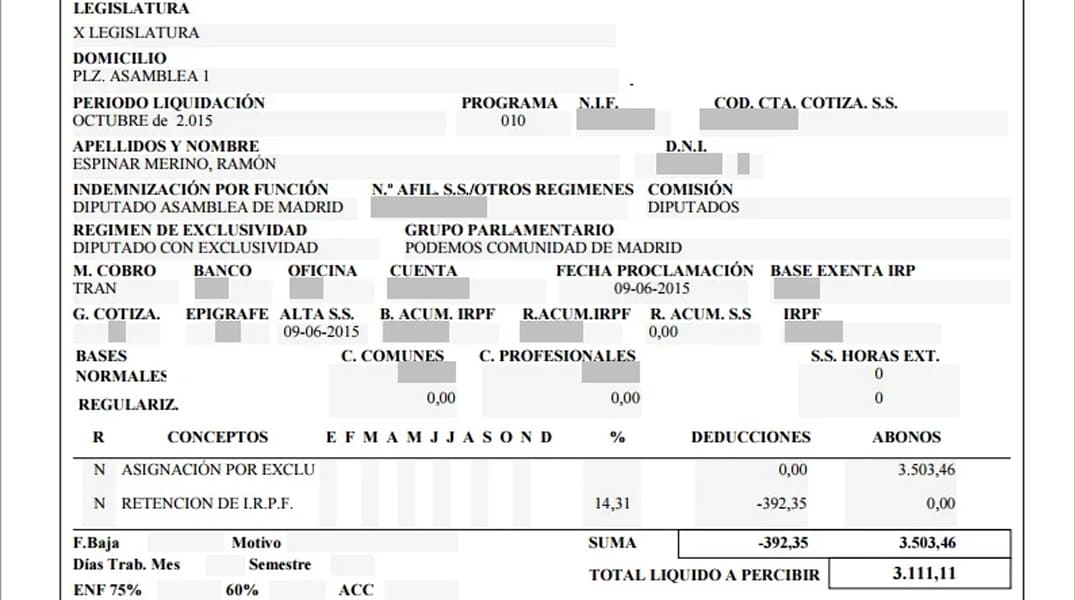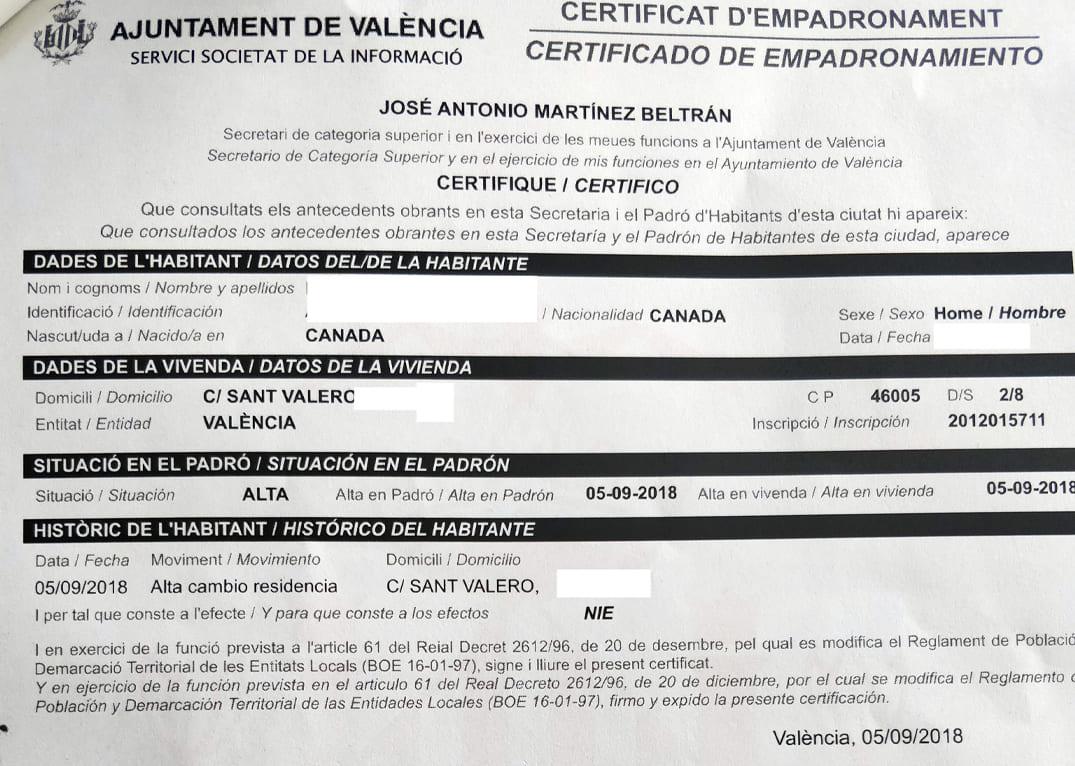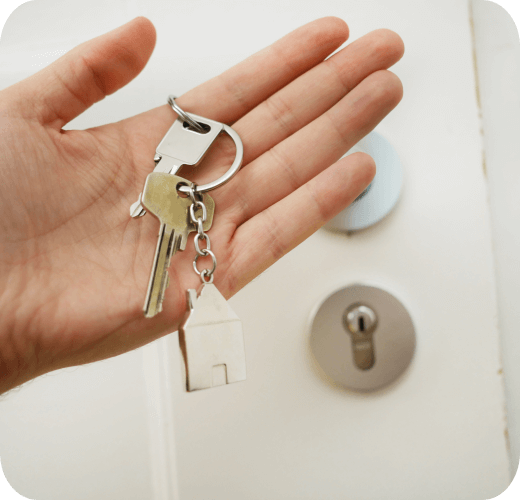Spain continues to be one of the most attractive tourist destinations thanks to its warm Mediterranean climate, local architecture and friendly local population. People come here not only for vacation, but also for permanent residence, because Spain is considered one of the countries where the cost of living is relatively low in Europe.
As a result, the demand for renting property in Spain is increasing, which, like in most other European countries, has its own specifics. Therefore, it is better to familiarize yourself with all the nuances in order not to encounter unpleasant surprises when arranging a rental.

Contents
- How to make a contract for renting property in Spain
- For how long can you sign a rental agreement?
- Can the landlord increase the rent?
- What payments do you need to make?
- What are the requirements for the tenant
- What to do after renting a property?
- Why is it important to contact a real estate agency?
How to make a contract for renting property in Spain
In Spain, you can rent an apartment on a daily basis, which is especially relevant for tourists who come here for vacation. We will consider the option of long-term rental, when a person plans to live in an apartment for at least several months.
The main document that regulates the relationship between the landlord and the tenant is the contract for renting a property (Contrato de alquiler) signed between them. It contains mandatory points: identification data of both parties, detailed description and information about the rented property, payment terms and duration of the contract. It is desirable that the contract contains information about what furniture is available, its condition, quantity and type of household appliances, etc.
Spanish laws provide for the possibility of notarizing the transaction with the preparation of a corresponding notarial act and entering information into the Property Register (Registro de Propiedad). If before the contract was more formal and consisted of a couple of pages, then today it is a full-fledged legal document that is designed to protect the rights and obligations of both parties.
The content of the rental agreement may vary, but in most cases it includes the following information:
- Name and general data of the property owner, as well as the tenant (or tenants).
- Location and description of the property (apartment, flat, house, etc.).
- The purpose of concluding the contract, i.e. the intention to rent out (from the landlord) and the intention to rent a property (from the tenant).
- The frequency of payments and terms of their execution.
- The form of payment (cash, bank transfer, etc.).
- The amount of security deposit and conditions for its return at the end or early termination of the contract.
- The duties and responsibilities of both parties for maintaining the property. In particular, it indicates how current operating costs will be distributed. The contract may state, for example, that the tenant undertakes to pay utility bills.
- List and condition of movable and immovable property. The contract reflects a complete list of household appliances, furniture, actual condition of the property itself, etc. It indicates that the tenant has the right to use everything that is in the apartment, prescribes the possibility of making changes by the tenant or prohibits these actions (for example, the landlord may prohibit drilling holes in walls, repainting them, etc.).
- Information on automatic renewal and unilateral termination of the contract. Automatic renewal takes place if both parties have no objections or claims to each other. The right to unilateral termination is possible in case of non-fulfillment of obligations by one of the parties, prescribed in the contract. From the tenant’s side, gross violations of the contract are: delay in payment of rent for more than two months, subletting, using the apartment for other purposes, moving in other tenants who are not specified in the contract, etc. Violations can also be from the landlord’s side: hiding serious defects in the property that interfere with normal living, entering the apartment without the presence of the tenant, etc.
This list can be supplemented with other points depending on the specific case. But already from this list it is clear that the rental agreement is a full-fledged legal document, the preparation of which is mandatory. Such a contract allows to protect both parties and resolve all disputes strictly within the legal field.
For how long can you sign a rental agreement?
The contract clearly states the period for which the property is rented. The standard contract is concluded for a period of 1 year with the possibility of automatic renewal, but the term can be different. However, according to Spanish laws, the maximum term of renting a property cannot exceed 5 years. But this does not mean that after this period the tenant will have to look for a new place to live – in this case, the same system of automatic renewal of the contract applies.

Automatic renewal is a common condition of the contract when renting apartments or other housing in Spain for a long term. But it is possible only if neither party has objected to the automatic renewal. This must be done 30 days before the expiration of the contract.
Can the landlord increase the rent?
During the first 5 years, the landlord can increase the rent, but only on the basis of the growth of the consumer price index. Accordingly, this possibility must be stated in the contract, otherwise the tenant can challenge this decision in court.
The rent can also be increased if the landlord has made changes that improve the quality of the housing. For example, he could buy new furniture for the apartment, or finance the installation of an elevator in the house, which was not there at the time of renting.
What payments do you need to make?
The tenant immediately pays a monthly rent directly to the landlord, as well as a commission to the real estate agency that accompanies this transaction. Its amount corresponds to the amount of monthly rent.
The tenant is also obliged to pay the landlord a deposit – its amount, as a rule, is equal to the rent for one month of living. But in some cases, the owner of the property may require a deposit equivalent to two or three monthly rents. This often happens if there is expensive furniture in the apartment and the owner wants to hedge himself in this way.

The deposit (Fianza) is returned to the tenant in full at the end of the contract term, if the owner of the property has no claims to him regarding the preservation of housing, furniture and other inventory. If something was damaged or spoiled, then from the deposit is deducted the amount to cover the damage.
What are the requirements for the tenant
To rent a property in Spain for a long term, the tenant must confirm his income. If a person already works in the country, then it is enough to just provide a work contract and, so-called, “nomina” – this is something like a certificate of salary.

But in most cases you have to face a situation when a person has recently arrived in the country and he has not yet got a job. In this regard, many landlords require from newcomers to pay immediately for six months or a year + 1-3 months of deposit for property preservation. Many locals are afraid to let foreigners into their homes because of cases with “okupas”, who arbitrarily seize other people’s apartments and houses. Naturally, such controversial issues are much easier to solve if you contact a professional real estate agency that will fully accompany the transaction.
What to do after renting a property?
When you have a rental contract in your hands, you need to contact your local town hall (Ayuntamiento) to register in your rented apartment. To register at your place of residence (Empradronamiento) you do not need to have a residence permit in Spain. This register allows municipal authorities to keep track of all citizens who live on their territory.

Obtaining a certificate of registration is mandatory if you plan to stay in Spain. This document is required for almost all transactions and operations on the territory of the country:
- obtaining a residence permit;
- obtaining a work permit;
- buying or selling a car;
- obtaining a medical card;
- enrolling children in public school and kindergarten;
- the possibility of receiving subsidies and other social benefits.
After your application to the town hall for a certificate of registration, the next day a police officer will come to the address of the rented property. He will check the rental contract and your passport. After that, he confirms that the applicant specified in the rental contract actually lives at this address. As a result, you will receive an official certificate of registration, certified by the seal of the town hall.
Why is it important to contact a real estate agency?
Contacting a specialized real estate agency is the right step if you need to rent an apartment in Spain. Yes, you will have to pay for their services, but you will be able to avoid many “pitfalls” if you were dealing with the owner directly. It is important to understand that property owners in Spain become, as a rule, at a fairly mature age and such people rarely speak English, which naturally interferes with full communication. In addition, there is a risk of renting a property with broken appliances or water cut off for non-payment.
Long-term rental of property in Spain is often associated with various bureaucratic delays, so it is necessary to rent a property through a proven real estate agency. The specialists of the company “M2 Real Estate” will take care of all the paperwork, as well as help you solve all the difficulties.
On our website you will find many options for renting property, and on your request we can provide more profitable offers, which are not available in free access, to your email or messengers.


